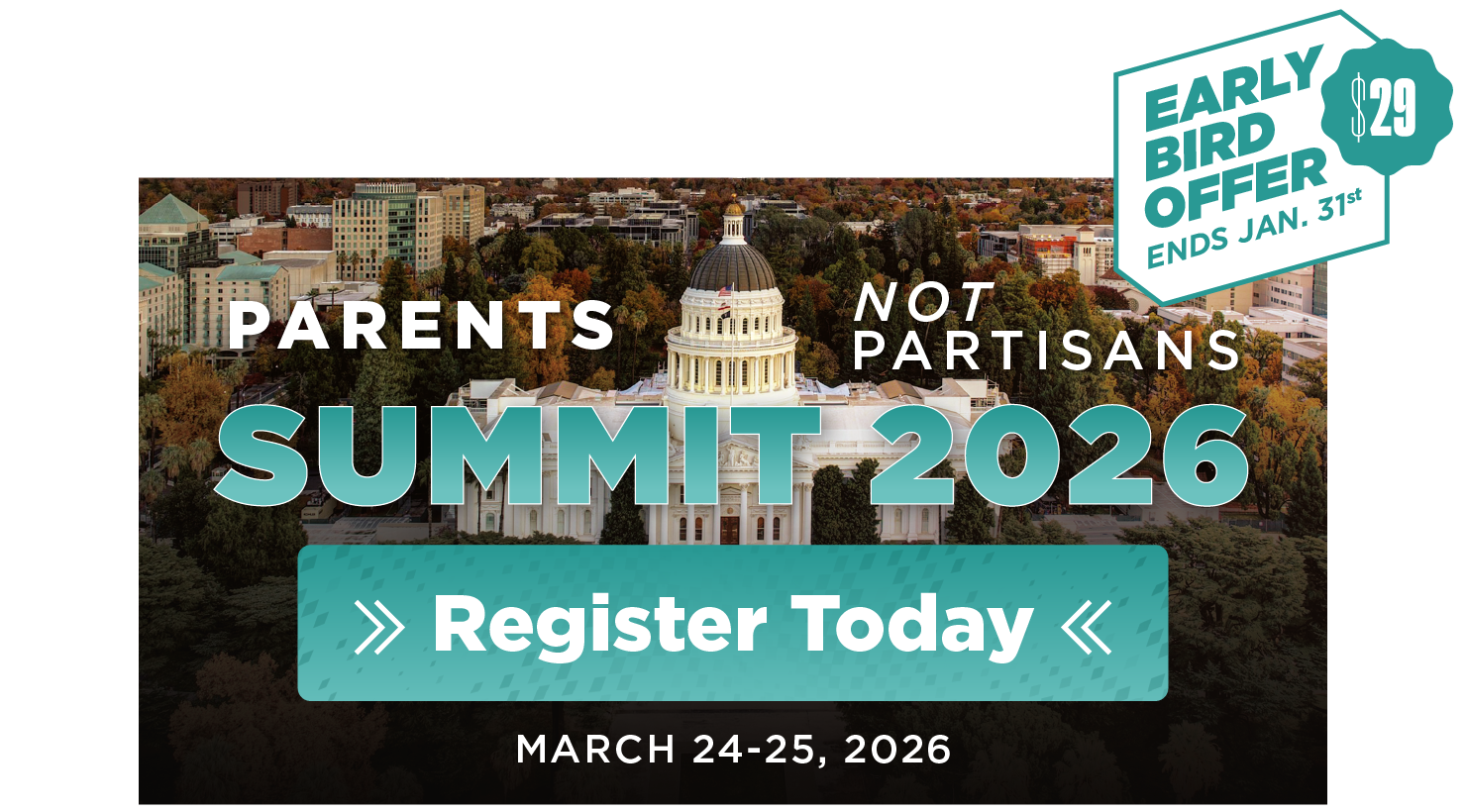Do Black and Hispanic lives really matter to progressives?
An illuminating study comparing education in America’s progressive and conservative cities opens a major can of worms.
A stunning report that came out in January of this year received little attention at first, and was then completely buried due to the avalanche of coronavirus-related stories. “The Secret Shame: How America’s Most Progressive Cities Betray Their Commitment to Educational Opportunity for All” compares the minority-white proficiency gap in progressive and conservative cities. And it’s no contest. America’s left-most cities are doing an awful job of educating Blacks and Hispanics.
The study, courtesy of brightbream, a “nonprofit network of education activists demanding a better education and a brighter future for every child,” maintains that progressive cities, on average, have achievement gaps in math and reading “that are 15 and 13 percentage points higher than in conservative cities, respectively. In San Francisco, for example, 70% of white students are proficient in math, compared to only 12% of black students reaching proficiency — a 58-point gap. In Washington, D.C., 83% of white students scored proficient in reading compared to 23 percent of black students — a 60-point gap. In contrast, three of the 12 most conservative cities — Virginia Beach, Anaheim and Fort Worth — have effectively closed or even erased the gap in at least one of the academic categories we examined.”
Importantly, the authors of the study controlled for factors that might bias the outcome: per-pupil spending, level of income equality, racial density et al, but they write that “controlling for these factors did not erase the correlation between a city’s progressivism and the sizable racialized gaps in educational outcomes.” Although the report shows a striking interrelationship between progressivism and failure, the researchers make no claims of causation.
There are many possible reasons for the disparity. Blogger James Bacon suggests that the left’s constant push for treating minorities as victims disempowers them. He also claims that the self-esteem crowd has done damage by lowering expectations for those considered victims of white racism.
Walter Williams, professor of economics at George Mason University, offers that crime could be a factor. Many well-meaning but destructive fads have become part of the scenario at progressive schools. “Restorative justice” and other similar non-consequences for willful defiance and worse have become the norm. As a result, discipline suffers and a few disruptors can make life miserable for behaving students and teachers alike.
I would add that teachers unions are certainly part of the problem. School boards tend to represent the political leanings of the school district’s voters. Hence, collective bargaining agreements in conservative cities like Anaheim tend to be more student-friendly than in progressive cities like San Francisco. These contracts are especially problematic in that they restrict school district efforts to use compensation as a tool to recruit, reward and retain the most effective teachers. Additionally, the ability to assign or remove teachers on the basis of fit or performance is greatly impeded.
While it’s true that all kids are negatively affected by collective bargaining, less advantaged kids don’t always have the support to compensate for it. Well-to-do parents can hire a tutor for their child if he has an under-performing teacher, for example.
Whatever the cause of the disparity, the question remains how to deal with it. The answer is simple, though politically difficult to achieve. While many public schools are burdened with collective bargaining agreements, restorative justice, promoting victimology and other pillars of progressivism, private schools are not. Hence the best thing we can do to level the playing field is to let parents choose the best school for their kid via vouchers, educational savings accounts, tax-credit scholarships, etc., and let tax dollars follow the student.
Of course, this is a bête noire for many finger-pointing progressives who nonsensically insist that privatizing education further lines the pockets of the wealthy. They also claim that choice is “racist.” But they are projecting. Until we move toward parental choice, racial disparities in progressive cities will continue unabated. Choice lifts all boats. Now if only we could get the progressives, along with the NAACP and the “Black Lives Matter” crowd to sign on, the U.S. would have a much more equitable education system.
If only.
* * *
Larry Sand, a former classroom teacher, is the president of the non-profit California Teachers Empowerment Network – a non-partisan, non-political group dedicated to providing teachers and the general public with reliable and balanced information about professional affiliations and positions on educational issues. The views presented here are strictly his own.

